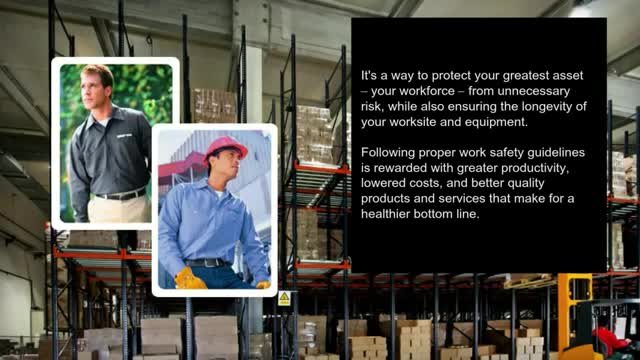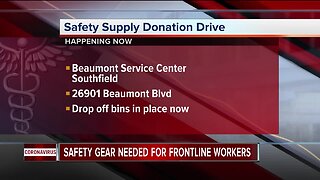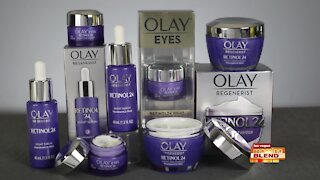Premium Only Content

Safety Must-Haves For Every Industry - Prudential Overall Supply
http://www.prudentialuniforms.com/services/uniforms-and-apparel/protective
Potential safety hazards exist in every workplace.
In some industries, just the day-to-day environment can pose serious risk to hard-working employees.
Keeping up with safety mandates from the various government agencies and meeting the guidelines of each industry isn't just an employer's responsibility.
It's a way to protect your greatest asset – your workforce – from unnecessary risk, while also ensuring the longevity of your worksite and equipment.
Following proper work safety guidelines is rewarded with greater productivity, lowered costs, and better quality products and services that make for a healthier bottom line.
Safety Guidelines for Industry
There are several key federal agencies that oversee industrial safety: the Occupational Safety and Health Administration (OSHA), the Environmental Protection Agency (EPA), and the National Institute of Occupational Safety and Health (NIOSH), which is a division of the CDC.
These agencies, along with different state organizations, are responsible for creating and enforcing specific safety guidelines for different industries.
In addition to making sure they are up to date with the latest safety guidelines from these agencies, businesses should perform regular, thorough surveys of all work areas to monitor safety and identify potential trouble spots that need to be addressed.
Protective Clothing for the Industrial Workplace
Every workplace has a different set of potential hazards.
Potential hazards include: chemicals, oils and other caustic fluids, excessive heat and flame, and exposure to electricity.
Protective clothing should be chosen according to those hazards.
Employer supplied uniforms are a smart investment for industrial spaces, because they help ensure that staff and management are meeting safety guidelines.
When selecting protective clothing for your workplace, check each garment's Arc or ATPV rating to determine its level of flame-resistance.
Medical Uniforms and Protective Wear
Now more than ever, medical professionals need work apparel that meets their safety needs as well as the public's.
Protective clothing can be as simple as scrubs or long lab coats, or as specialized as a surgical barrier gown.
To meet the specific needs of the medical industry, the best uniform suppliers offer special laundering and repair services for medical uniforms to make sure that the highest standards of sanitation are met.
High Visibility Safety Clothing
High visibility safety clothing is a valuable safety tool in many work settings.
The American National Standards Institute's guidelines are the common standard for such safety gear.
ANSI has established three general classes for reflective clothing and workwear degrees of visibility according to function and assessed risk.
Class One garments are the lowest level, and are appropriate when the wearer can fully attend to oncoming traffic, such as a parking lot attendant.
Class Two garments are for situations with less visibility or greater safety hazards, such as school crossing guards.
Class Three garments are the highest level of reflective wear, and are used in potentially hazardous settings like highway construction zones, utility repairs, and during emergency response.
ANSI compliant workwear should not only meet safety standards, but also be comfortable to wear for long shifts, and easy to remove during emergency situations.
When looking for protective workwear and safety gear, you shouldn't trust just any supply company.
Prudential Overall Supply has been committed to the highest standards of work safety since 1932.
-
 3:34
3:34
WXYZ
5 years agoCovid-19 in MI/ Safety Supply Drive
138 -
 3:38
3:38
KTNV
5 years agoFall Must-Haves
11 -
 2:22
2:22
KGUN
5 years agoCar seat safety: 3 things every parent should know
197 -
 1:55
1:55
KGUN
5 years agoCar seat safety: 3 things every parent should know
182 -
 3:17
3:17
KIVI
5 years agoHiking Safety
2281 -
 5:43
5:43
KTNV
5 years agoFirework Safety
20 -
 1:55
1:55
KIVI
5 years agoBSU Dorm Safety
6 -
 0:53
0:53
WFTX
5 years agoSchool bus safety
186 -
 1:43
1:43
KJRH
5 years agoFirework Safety
54 -
 2:23
2:23
WFTX
5 years agoFireworks safety
97